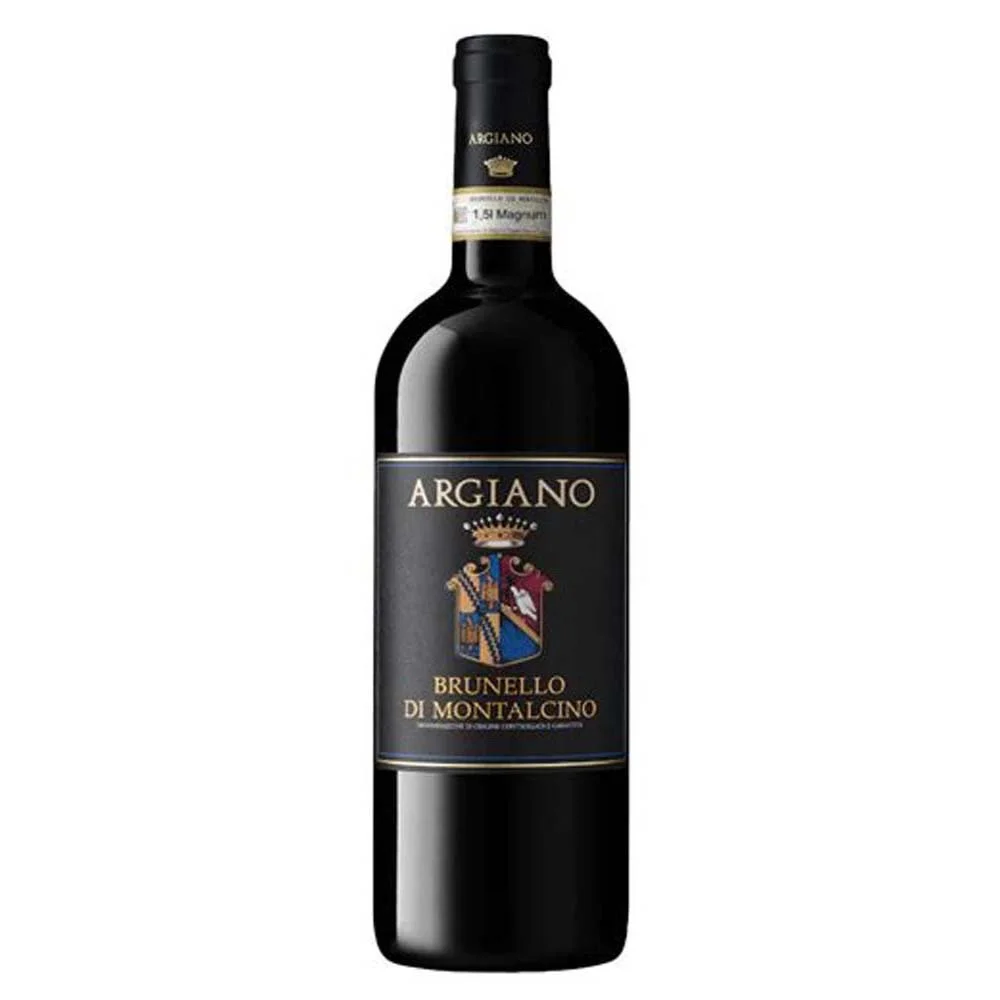SANGIOVESE GROSSO
Tuscan Depth With Classic Italian Soul
Sangiovese Grosso is a prized clone of Sangiovese, best known as the foundation of Brunello di Montalcino and Rosso di Montalcino. Grown primarily in Tuscany, it produces wines of remarkable structure, elegance, and age-worthiness. With bright acidity, firm tannins, and layered flavors of cherry, leather, and earth, Sangiovese Grosso offers a refined and expressive take on Italy’s most important red grape.
Key Characteristics
This clone delivers medium to full-bodied wines with high acidity and assertive tannins. The flavor profile typically blends red cherry and plum with earthy, herbal, and leathery notes, often evolving into complex tertiary aromas with age.
Style
Still, red
Body
Medium to full
Acidity
High
Primary Grapes
Sangiovese Grosso (a clone of Sangiovese)
Typical Flavors
Sour cherry, plum, dried herbs, leather, tobacco, iron, balsamic, earthy spice
Origin & History
Sangiovese Grosso is native to Tuscany and was first identified in the Montalcino area. In the late 19th century, Ferruccio Biondi Santi pioneered Brunello di Montalcino by selecting and aging this thicker-skinned Sangiovese clone for extended periods. The result was a more structured and long-lived version of Sangiovese, which went on to become one of Italy’s most respected wines. Today, Sangiovese Grosso is nearly synonymous with Brunello.
How It’s Made
Wines from Sangiovese Grosso are typically fermented in stainless steel or concrete and aged extensively in large Slavonian oak casks or French barriques. Brunello di Montalcino must age for at least five years (two in oak) before release. This long aging builds complexity and softens tannins without losing the grape’s natural vibrancy.
Notable Regions
Sangiovese Grosso is highly site-sensitive and finds its finest expression in:
Italy
Montalcino
Tuscany
Brunello di Montalcino DOCG
Powerful, structured, and age-worthy with savory complexity
Rosso di Montalcino DOC
A fresher, earlier-drinking version of Brunello with similar elegance
Italy
Scansano
Montecucco
Southern Tuscany
Less well-known but expressive versions with richness and depth
Food Pairings
The acidity and structure of Sangiovese Grosso make it a perfect companion for richly flavored, rustic dishes and aged cheeses.
Red Meat
Bistecca alla Fiorentina, braised short ribs, wild boar ragu
Pasta
Pappardelle with mushrooms, lasagna, tomato-based sauces
Cheeses
Pecorino Toscano, Parmigiano-Reggiano, aged Asiago
Other
Grilled eggplant, lentil stew, roasted root vegetables
How to Serve It
Glassware
Large red wine glass or Brunello-specific glass to open up aromas and texture
Temperature
60–65°F (16–18°C)
Storage
Lay bottles on their side in a cool, dark place; Brunellos age beautifully for 10–30+ years
Fun Fact
Despite its prestige today, Brunello di Montalcino was produced by only a handful of families until the 1970s, when global interest in premium Italian wines exploded.
Try This If You Like
Tempranillo
Rioja Reserva/Gran Reserva
Cabernet Sauvignon
Old World style
Montepulciano d’Abruzzo
From top producers
Recommended Producers
These houses exemplify the diversity and craftsmanship of Brunello di Montalcino, showcasing both tradition and modern elegance.
Altesino
A pioneering Montalcino estate known for crafting refined, terroir-driven Brunello with balance, aromatic purity, and aging potential.
Argiano
A historic yet forward-thinking producer blending structure and accessibility in expressive, polished Brunello wines.



